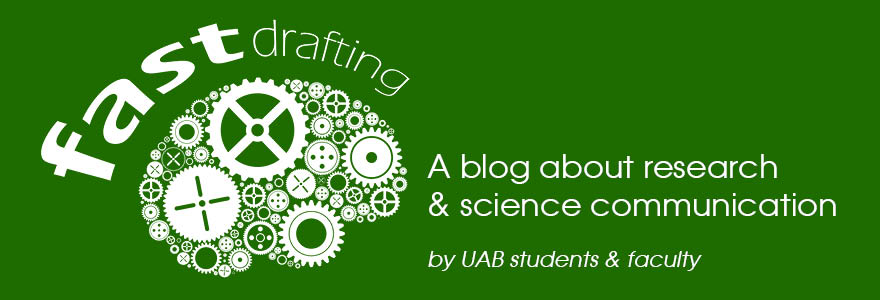As a lawyer turned high school English teacher, I often receive "academic" papers from students littered with informal language. In fact, I even sometimes see examples of "text-speak" in student work (words like OMG, LOL and BTW), which led me to create the list of acronyms you can view on your left. I had to actually ask students to decipher what some of the acronyms meant, and I encourage you to click on the image and see how many you can figure out.
I teach my students that informal writing is fine when texting a friend, but they need to learn how to use formal language when writing for academic and professional purposes. However, high school students are not the only people committing the sin of breezy, conversational writing these days though. In fact, if you have ever read an internet discussion board, you were probably abhorred with the grammar and usage you witnessed, even from educated individuals on professional blogs.
In order to avoid making the mistake of writing in an informal tone when your audience expects formal language, you can follow these tips and tricks:
- Edit, Then Edit
AgianAgain - formal writing should be dissected at least twice to catch any and all grammar, spelling and punctuation errors. - "Don't" Use Contractions - formal writing should sound professional, not conversational.
- Slang/Colloquialisms Are Not "Groovy" - formal writing should be understood by all audiences, not only those of a certain age group or social subculture
- Idioms/Cliches Should Not Be "Raining Like Cats and Dogs" - formal writing should be understood by international audiences, which means idioms and cliches will not translate clearly (and may even end up offending someone)
- "Finally," Use Transitions - formal writing should provide readers with a logical "map" of your ideas, so use transitions like "for example," "however," and "therefore" to let your reader know where you are going.




